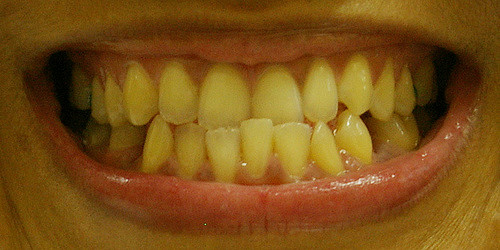Everyone experiences stress to some degree, although some have more than others. While the effects of stress on general health are well known, its impact on dental health is less widely understood. Uncontrolled stress over time can damage a person’s teeth, leading to expensive treatment or permanent loss.
Teeth Grinding
Grinding or clenching your teeth at night while sleeping is known as bruxism. Many people do not realize they have it, but untreated, bruxism can wear down teeth surfaces, creating an uneven bite. This habit can also wear away the protective enamel, exposing teeth to damaging debris that can contribute to dental decay and cavities. This problem can be addressed with the help of mouth devices worn during sleep, and in some cases, dental sealants.
Neglect
People who are stressed due to busy schedules often overlook important hygiene practices, including regular dental brushing and flossing. Using the same toothbrush longer than the recommended three-month period can cause the bristles to break down and fail to do an adequate job of cleaning the teeth. Because the results of skipping these habits don’t show up right away, a stressed person may continue omitting dental hygiene until serious damage has been done.
Irregular Checkups
People who experience significant stress may forget to schedule routine dental exams twice a year, or if scheduled, the appointments might be forgotten or postponed. Sometimes stress can distract us from tending to important medical and dental exams due to prioritizing more urgent matters. Failing to follow up with twice-yearly checkups can be risky in terms of protecting dental health.
Poor Eating Habits
While under extreme stress, people sometimes make bad dining choices. Instead of eating healthy foods that help to guard dental health, they might eat too many sugary snacks, fast food, and carbonated beverages, all of which can accelerate tooth decay. Eating on the run can play a role, as can rushed meal choices at home with little time given to plan and prepare healthy foods.
For these and other health-related reasons, stress should be identified and managed as soon as possible before it damages dental health and causes expensive problems or permanent damage. Stress management can be helped with a nutritious diet, avoiding destructive snacks, maintaining regular dental checkups, and seeking help to avoid grinding teeth at night. A few minor adjustments can make a huge improvement in protecting and preserving your teeth for years to come.

